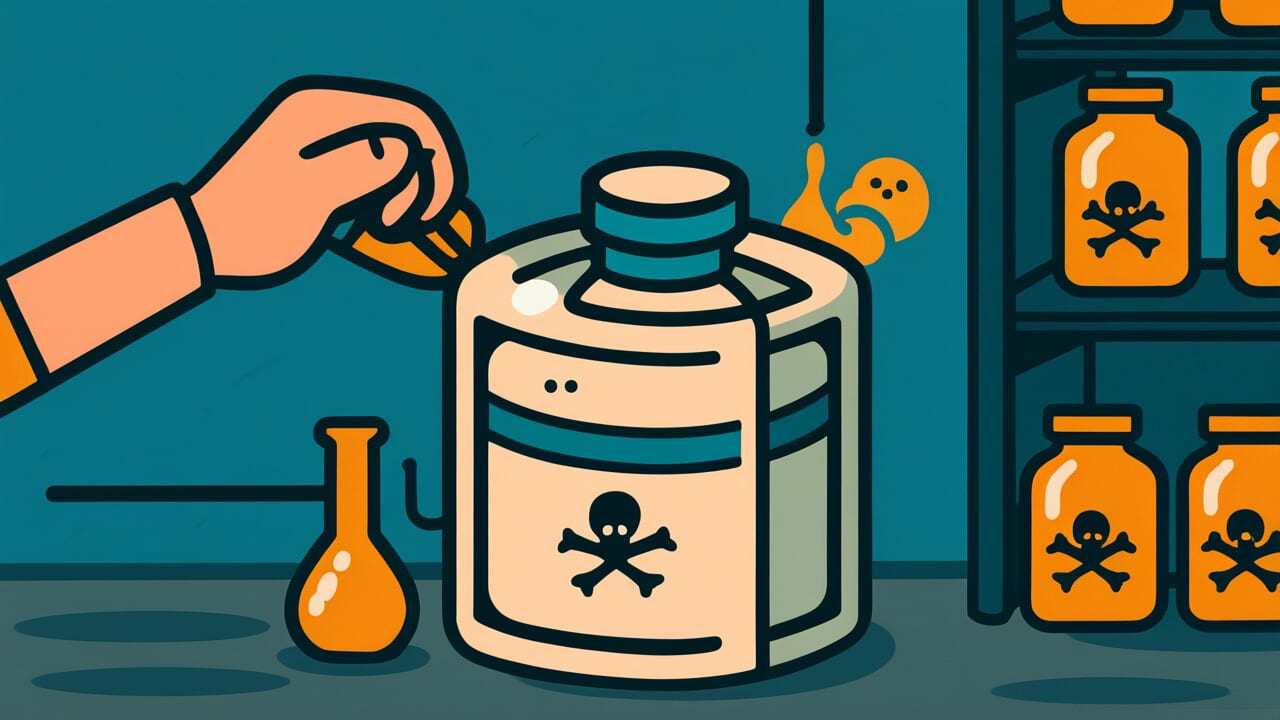How to Read “Poison transforms into medicine”
Dokuyaku henjite kusuri to naru
Meaning of “Poison transforms into medicine”
This proverb means that even harmful things can become beneficial depending on how you use them.
Something that seems dangerous or bad at first can actually produce great benefits when handled properly and used correctly.
People use this saying when facing difficult situations or seemingly negative events.
For example, you might use it when harsh criticism becomes fuel for growth. Or when a failure teaches you lessons that lead to future success.
It also applies when difficult people or problematic situations can be turned into something valuable through creative thinking.
Today, people use this proverb to express the idea of turning crisis into opportunity.
It shows how to transform negative elements into positive ones. The value of things is not fixed—it changes based on our wisdom and ingenuity.
This proverb encourages a forward-thinking and practical attitude toward life’s challenges.
Origin and Etymology
Clear written records about this proverb’s origin are limited. However, the structure of the phrase reveals interesting background.
The combination of “poison medicine” and “medicine” likely connects deeply to Eastern medical philosophy.
In classical Chinese medicine, many medicinal herbs were known to heal in proper amounts but poison in excess. This knowledge dates back to ancient times.
Substances like monkshood and viper venom are deadly poisons. Yet when processed correctly and used in the right amounts, they become powerful medicines.
This wisdom was common knowledge in the medical world.
The expression “transforms into” is also noteworthy. It doesn’t mean simple change—it means fundamental transformation.
The phrase embodies dialectical thinking. The same thing can produce opposite results depending on how you use it.
This way of thinking likely became widespread during the Edo period as herbal medicine developed.
As pharmaceutical knowledge spread to the general public, specialized medical wisdom evolved into life wisdom in proverb form.
The expression captures practical wisdom: things don’t have fixed good or bad qualities. How you handle them determines the outcome.
Usage Examples
- That strict boss’s criticism was painful at the time, but poison transforms into medicine—it built the foundation of who I am today
- The experience from that failed project was poison transforms into medicine, and I think it led to this success
Universal Wisdom
The proverb “Poison transforms into medicine” contains deep wisdom that humanity has gained throughout history.
It teaches that the value of things is not absolute. Our approach determines what things become.
People instinctively want to classify things as “good” or “bad.” But the real world isn’t that simple.
Rain is a blessing that grows crops. It’s also a disaster that causes floods.
Fire brings warmth and light. It also has the power to burn everything down.
This duality is the essence of nature and of life itself.
This proverb has been passed down through generations because humans have always faced difficulties and adversity.
Suffering, failure, criticism, setbacks—if we only fear and avoid these “poisons,” we cannot grow.
Our ancestors understood something important. Within that very “poison” lies the “medicine” that makes people stronger and wiser.
This wisdom expresses deep trust in human adaptability and creativity.
Any situation can be turned into something valuable with wisdom and ingenuity. Believing in this possibility has been the driving force that helped humanity overcome difficulties.
When AI Hears This
Toxicology has a basic principle called the “dose-response curve.” This graph plots substance quantity on the horizontal axis and biological effects on the vertical axis.
Almost all substances follow this law. For example, oxygen is essential for breathing, but high concentrations oxidize cells and cause death.
Even water can kill through water intoxication if consumed in large amounts quickly. In other words, “poison or medicine” isn’t about the substance’s nature—it’s about quantity.
Even more interesting is the hormesis effect. This is when small amounts of harmful substances actually activate living organisms.
This has been proven with radiation. Cells exposed to trace amounts of radiation show increased DNA repair function.
They can actually become healthier than cells exposed to nothing. Exercise works on the same principle.
Giving muscles small damage (stress) makes them stronger through the repair process. Excessive exercise destroys the body, but moderate exercise promotes health.
From this perspective, we can see that failure and difficulty in human society also depend on dosage.
Small failures work like immunity as learning opportunities. They prevent bigger failures in the future.
But excessive stress breaks people. The emphasis on “appropriate load” in education is a biologically correct strategy.
The key to transforming poison into medicine lies in controlling the amount.
Lessons for Today
This proverb teaches modern people not to fear difficulties and failures too much.
The problems you face now or the painful experiences from your past might become seeds of growth if you change your perspective.
Modern society tends to avoid risk and fear failure. But this proverb gives us a different viewpoint.
What matters isn’t avoiding “poison”—it’s the wisdom of how to handle it.
For example, harsh feedback at work can be poison that hurts you or medicine that improves your skills. It depends on how you receive it.
Even friction in relationships can become an opportunity to polish your communication abilities.
Financial difficulties can even become valuable lessons for learning how to use money.
Take another look at what you consider “poison” in your life. There’s always an element of “medicine” hidden there that can make you stronger.
The wisdom to devise better ways of handling things is the key to enriching your life.



Comments